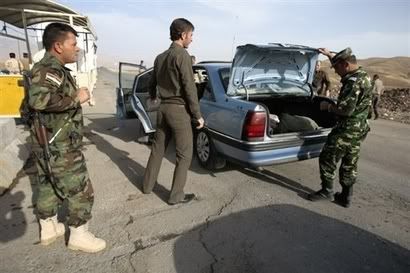‘It is my friend who shows me my faults’ is a saying in my country. Meaning: I need to know what I am doing wrong to be able to improve that, so those who criticize me help me forward and are liked for that reason. They definitely are my friends.
One of the first things I learned in Kurdistan is that people here look very differently at criticism. They often feel attacked by it, and they may consider it as a personal beating. I do not like it either when someone beats you up verbally just for the sake of it. But in Kurdistan people do not see the difference: they feel offended with any criticism, even when it is made out of love or sympathy, to help someone to become better.
This column derives from what I notice while living in Kurdistan, and it is written from the love I feel for the country. I hope that my words will be recognized for that they are intended to be: criticism leading to improvement, or at least leading to recognition and awareness.
We all know that one of the biggest problems of Kurdistan is a lack of criticism. When you respect someone, you do not criticize him or her, is the notion. Because this person you respect surely knows it all, and at least knows it better than you or me. The problem is that this is not (always) true.
And even more so, politicians would be helped a great deal if the people around them would be honest with them and would give them their honest comments. Look around you in the region, and look at the Iraqi history, and you will see my point.
Of Saddam is often said that people did not dare to tell him the truth. For that reason, he was in the last years of his rule often badly informed. Because people would not dare to give him bad news, for fear of being punished for it.
As for myself, some people criticize me for not being able to speak more than some dozens of words in Kurdish, after 5 years of living here. The criticism is correct, but I am afraid I cannot make the improvement, however much I want to. Tried and tried again, but the Kurdish will not stick. It's time to find a teacher who can help me make the mistakes so I can finally learn to speak the language.
Part of this was published as a column in Kurdistani Nwe.
